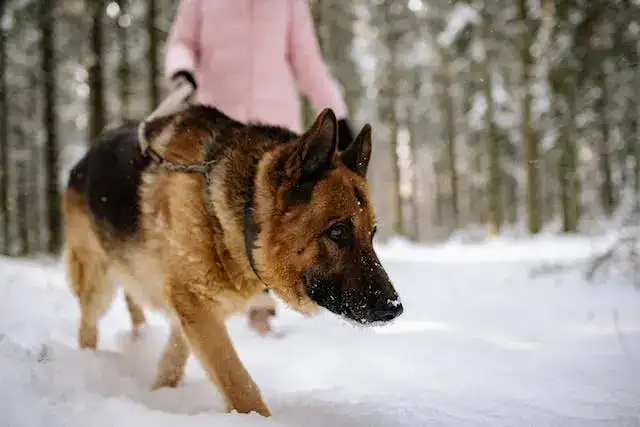-

·
Train Your GSD: Quick Checklist for a Well-Behaved Dog
German Shepherd Training Checklist: Your Step-by-Step Guide to a Well-Trained Companion Use this checklist to ensure your German Shepherd thrives through structured training, socialization, and care. 🐾 Basic Obedience Commands Pro Tip: Short, frequent sessions are key for GSD obedience training success. 🌍 Socialization Milestones By 12 Weeks: Socializing a German Shepherd puppy before 12…
-

·
The German Shepherd Temperament: Every Dog is Unique
What is the temperament of a German Shepherd? German Shepherds are often labeled as stoic guardians, but their personality is a captivating mix of loyalty, intelligence, and surprising goofiness. Ranked the #3 smartest dog breed, they’re as likely to master agility courses as they are to demand belly rubs. Let’s decode their complex temperament and…